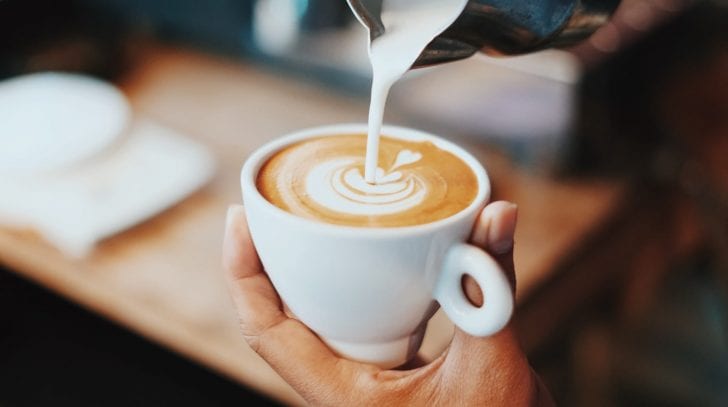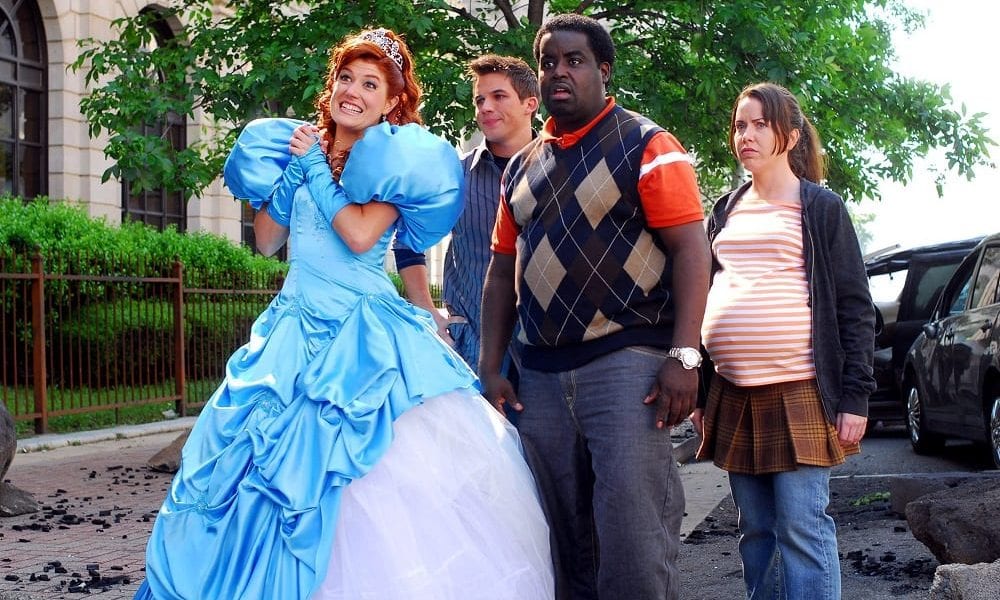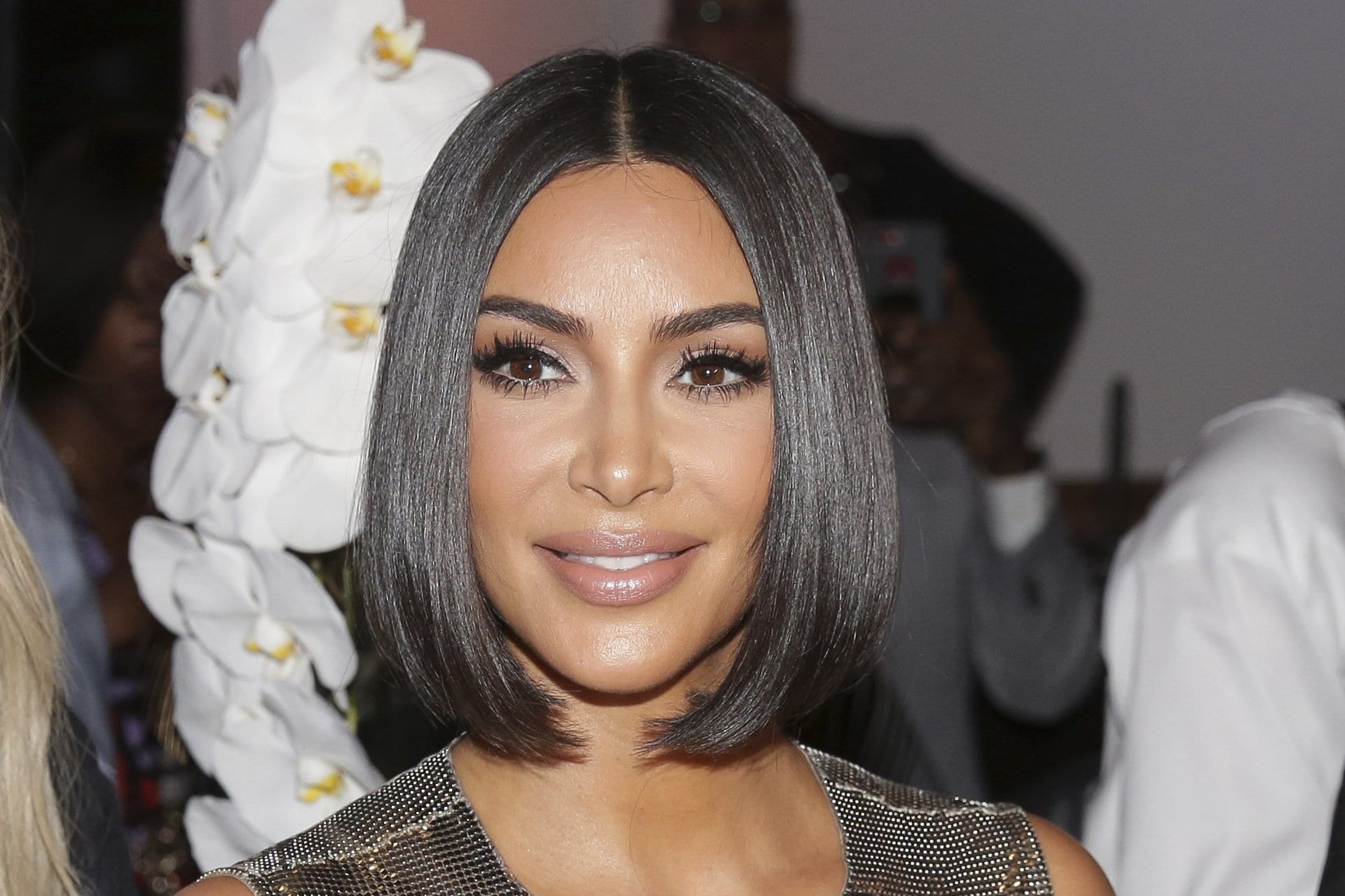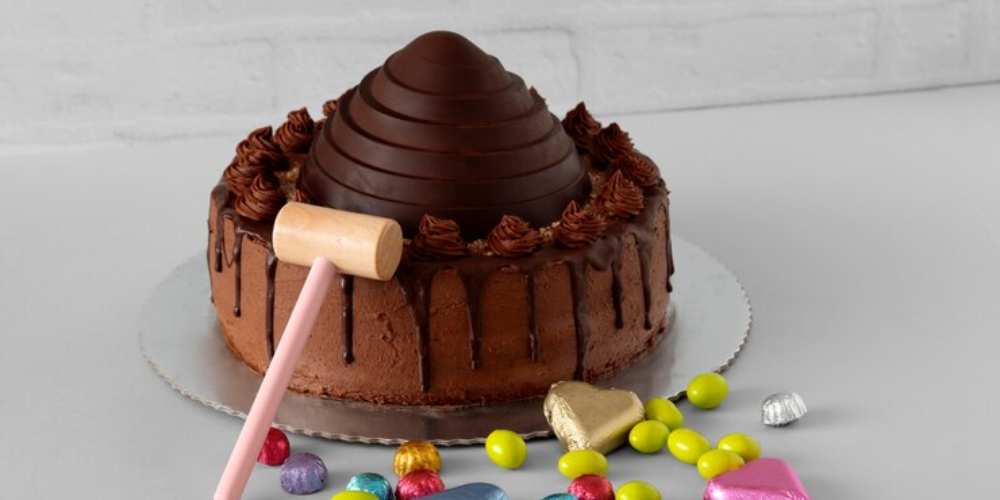While nutritionists will not actually refer to caffeine as a “superfood,” some of us who are self-confessed coffee aficionados are comfortable calling the wonder drink as that – after all, don’t you just feel energized even with just a cup of joe? High-five to those who can’t get out of bed without the smell of a freshly brewed coffee greeting them in the morning, they definitely know its miracles. What’s not to love about it? Well, as with everything else, anything too much is bad.

Unsplash | Coffee is one of the most consumed beverages in the world
It’s not hard to love and be addicted to coffee, it has a lot of science-backed health benefits that we could surely use as we deal with everyday struggles, be it in our house or work. Coffee consumption can actually be traced during the 15th century, the National Coffee Association said, and it’s no wonder why it remains to be one of the world’s top drinks. However, it’s not simply just an effective booster in the morning, a study by the Harvard School of Public Health found that nurse-participants who gulped two to three cups a day had a 15-percent lesser risk of developing depression.
Wonders of Coffee
Apart from your mental health, coffee helps us as well in the cognitive level, but is extremely helpful to those prone to acquiring Alzheimer’s Disease. University of Florida researchers found that all the adults with mild cognitive impairment who drink two to three cups a day had a reduced chance of developing the disease. Surprisingly, it could also be a big help to your dental health, which contradicts the common idea that it could lead to teeth stains and bad breath.

Unsplash | Drinking coffee has been linked to a longer life
In fact, a 2009 study revealed that black coffee can lessen the risk of cavities and tooth decay and that consuming a cup per day decreases the risk of periodontal diseases. The advantages listed here may be odd, but perhaps this is the one you can use to justify your extreme fondness of coffee: it can help you live a longer life based on a New England Journal of Medicine study that found that those who consumed coffee had a lower risk of death than those who don’t drink.
Harmful Effects of Coffee
On the other side of the coin, coffee has also earned a bad rep for a couple of things. Sadly, one of its best qualities of keeping us energized comes as a boon and a bane. It can make falling asleep difficult, especially when you’re consuming a cup at a later time of the day. Research showed that caffeine stays in the body for about five hours. Another study that gave 400 mg of coffee to healthy adults three hours before bedtime increased the time it takes for them to doze off.

Unsplash | Coffee can stay in the body for five hours
Coffee has a laxative effect on some people because it is linked to the release of gastrin in the stomach, which hastens colon activity. That’s not all, it is also associated with the increase in peristalsis, a process by which food travels through the digestive tract as a result of contractions. It triggers bowel movement.
What Happens to the Body after Quitting Coffee?
Popsugar’s Amanda McCoy tried it out for a week and one of the things that she figured out was to find other ways to be energized. Being used to a cup of coffee for the burst of energy in the morning, she decided to resort to other activities and beverages to jolt up her mood – hitting the gym, jogging, and a wheatgrass shot. She also noticed a little improvement in falling asleep.
You are likely to experience symptoms of coffee withdrawal, like headache, fatigue, sluggishness, and so on. Coffee stimulates the adrenal glands, thereby releasing the hormone adrenaline, which explains the boost in energy you’re feeling. When you stop cold turkey, adenosine, the hormone that’s responsible for tiredness and rest, comes to play, which results in a headache.
However, experts explained it’s not at all permanent. To avoid your body from being in a state of shock, the Academy of Nutrition and Dietetics’ Wesley Delbridge advised that you should exit the routine gradually. Try decreasing your intake or replacing it with other beverages such as tea before coming to a full stop.








